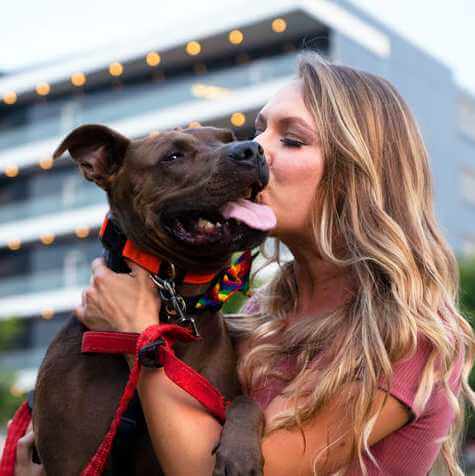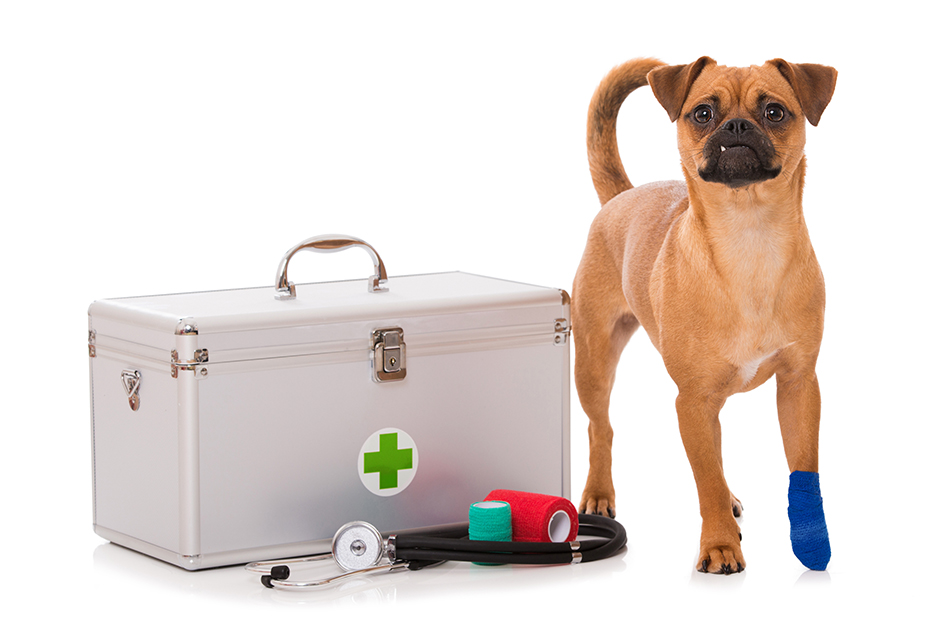Please note: Information in this post is not meant as a substitute for veterinary care. Always consult your veterinarian in an emergency.
- Remove all food and water.
- If diarrhea and/or vomiting continues or the pet acts ill, seek veterinary attention. Diarrhea and vomiting can quickly lead to serious fluid loss and electrolyte imbalance, especially in the very young and the very old.
- If no vomiting occurs for 6 to 8 hours, begin to give small amounts of clear liquids (water, Gatorade, Pedialyte, or other electrolyte solution) frequently. A rule of thumb is to give 1 teaspoon per pound of body weight every 2 or 3 hours throughout the day and night.
- Do not medicate your pet without talking to your veterinarian.
- Do not allow the pet to eat or drink anything until there has been no vomiting for 6 to 8 hours.
Vomiting and diarrhea are associated with a host of problems that are referred to collectively as gastroenteritis. Some cases are quite severe (e.g., poisoning), and some are not (e.g., dietary indiscretion). Most infections that cause diarrhea and vomiting are contagious, so it is wise to assume that other pets might be vulnerable if they are exposed.





